
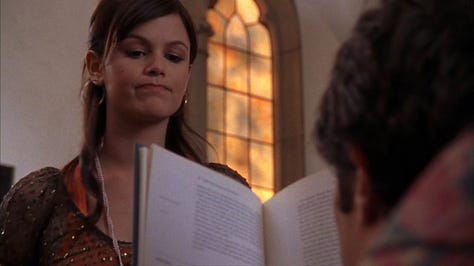
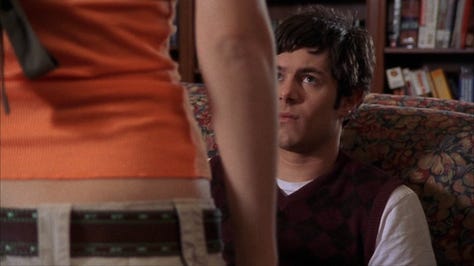
Editor’s Note: Last reminder that I’ll be blogging my way through The Turn of the Screw in October. I don’t entirely know how the series will take shape, but it will be informal; more like spare notes and observations. I’ll also write at least one piece on The Innocents, a 1961 film adaptation. Both the film and the story are…a little unsettling! Rest assured, the only thing you have to fear is the fear of missing out. Secure your copy now!
Today’s newsletter is of the thoughtsam-and-linksam variety.
As our heroic AI architects continue to struggle balancing their concerns over the future of the human race with concerns over future market capitalization, many day-to-day implementations of artificial intelligence fall somewhere on the spectrum of sort-of-helpful to sort-of-unhelpful to grossly deficient, e.g.: “Microsoft Publishes Garbled AI Article Calling Tragically Deceased NBA Player ‘Useless’.”
It's not the first time Microsoft — a major backer of ChatGPT maker OpenAI — has embarrassed itself with AI-generated content on MSN. It made headlines last month, for instance, after publishing a similarly incoherent AI-generated travel guide for Ottawa, Canada that bizarrely recommended that tourists visit a local food bank. It deleted the bizarre article after criticism.
Now, before you can send me your “actually AI is awesome and it’s only going to get better” take, please don’t. I’m sure you’re very informed. I get it. But please don’t do that.
Putting AI aside, one tool I’ve always loved is wood. Wood is awesome and has been for a while, as a group of researchers recently confirmed:
Some 500,000 years ago in central Africa, ancient human relatives chopped down trees and transformed the wood into digging tools, wedges and what might just be the world’s earliest-known wooden structure.
Now, remnants of this ancient woodworking have been found at an archaeological site in Zambia called Kalambo Falls. Researchers can’t definitively identify the possible structure, which might have been a raised platform, a shelter or something else entirely. Whatever it was, it pre-dates the evolution of Homo sapiens by more than 100,000 years, hinting that hominins that lived long before our own species were already working wood.
What would Larry say?
To readers of The Happy Few who are teachers, do your students complain about heavy workloads? Unclear expectations? One too many opera libretti assignments?
Please use Auden’s legendary syllabus as a salve and, if necessary, a sword. Requiring over 6,000 pages of reading, this is from a course Auden taught at The University of Michigan from 1941-42, aptly named “Fate and the Individual in European Literature.”
Films imagined as paperback book covers, by Matt Stevens. Really well done. See them all here.
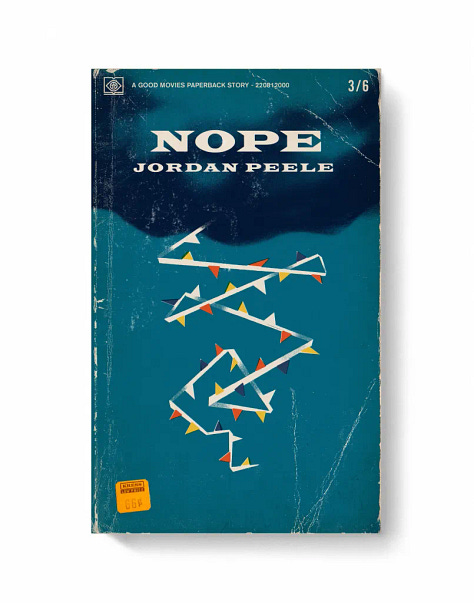
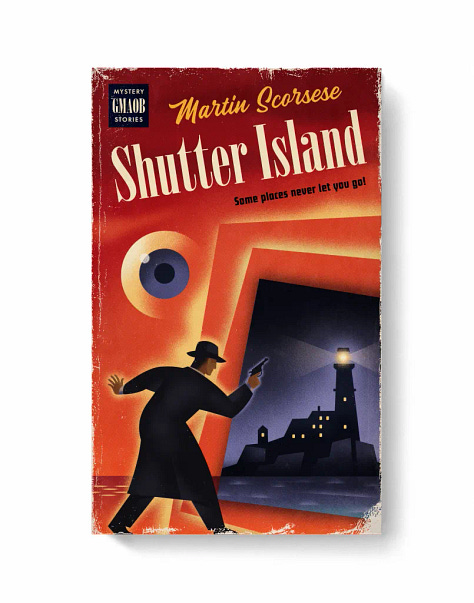
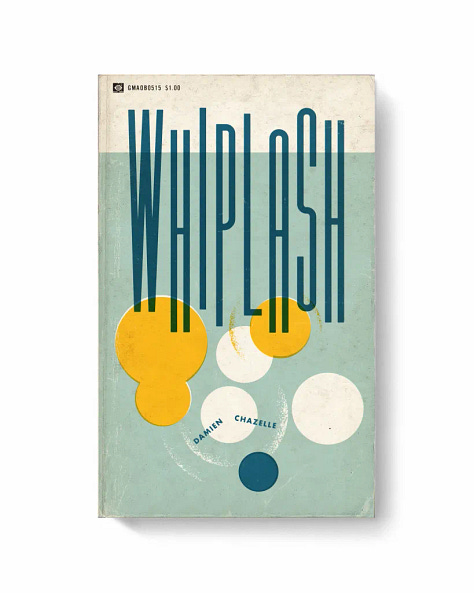
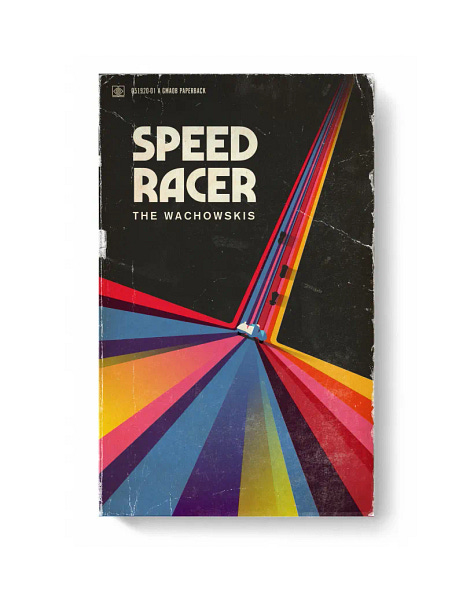


Max Read’s “Notes toward a theory of the millennial ambition psycho” is acidic.
If you come from a particular socio-economic background or work in a white-collar industry you likely already know many millennial ambition psychos, though if you are not a millennial you may not recognize them. They are the ceaselessly striving, impossibly ambitious, strangely formless high achievers that many of us went to school with — and competed for jobs and internships and college admissions slots against.
Unfortunately, given their preening predilection for power and prestige, many of these so-called “MAPs” end up in the political sphere. See, for example, Pete Buttigieg and Vivek Ramaswamy: archetypal MAPs at opposite poles who have been playing the game, in tandem, for twenty years.
But not every MAP politico is going to run for president.
More likely, I think, you find politics MAPs as aides and staffers in congressional offices, or as clerks in the judiciary, because one key skill of the MAP is the ability to gather power (or, at least, more lines on a resume) by pandering to older people, adopting their opinions, and acting, in many cases, as the boomer’s idealized millennial. MAPs often act as generational pick-mes (or, worse, traitors), and while this can endear them to, say, boomer primary voters, or Gen X politics reporters, it rarely earns them any affection among their own generational cohort.
Neatly labeling successive generations by name according to unfalsifiable, generalized behavioral traits is among the dumbest practices to have achieved widespread adoption over the last hundred years — a lazy marketing gimmick disguised as a standard sociological tool. Nevertheless, sometimes it’s helpful.
Beware the millennial ambition psycho!
Five good album openers, in no particular order, include:
“Debaser,” Doolittle, Pixies. In Season 2, Ep. 16, of The OC, Kirsten discovers the editor of her fledgling lifestyle magazine at home on a workday, blasting “Debaser” and downing tequila (straight, on the rocks). We’re told that this person, in addition to having edited GQ, used to self-publish a magazine called Revolution, which Sandy fondly recalls as “the magazine of Berkeley’s left wing.” (Sandy never, ever misses a chance to remind us that he used to be a man of the people.) We’re also told this person’s name is Carter Buckley, a reasonable name for a Gen-X Wasp living in Newport Beach, California — but is it also supposed to be a Graydon Carter/William Buckley joke? Show is sick.
“Vorspiel,” Das Rheingold, Richard Wagner. Das Rheingold is about 15 hours in total, and to be honest, given The OC intake, I haven’t found the time. For particularly compelling uses of this piece, see Werner Herzog’s Nosferatu the Vampyre, or better yet, the final sequences of Terrance Malick’s The New World.
“Walt Whitman’s Niece,” Mermaid Avenue, Billy Bragg and Wilco. I don’t know if this song is a drinking song, but it’s a good song to drink to. Turns out it was written by Woody Guthrie. How long until it winds up in an episode of The Bear?
“Chismiten,” Afrique Victime, Mdou Moctar. Few bands I’ve listened to this year have hit me on a more visceral level than Mdou Moctar. With its namesake on lead guitar and vocals, the group plays what I’ve seen called “desert rock” or “desert blues.” To Western ears, the influences run from Jimi Hendrix to John Fahey. For what it’s worth, they also seem quite fun live and are impeccably dressed.
“Free as a Bird,” Anthology 1, The Beatles. Anthology 1 is the first Beatles album I remember listening to. My parents must have bought it soon after its release, and for whatever reason, I just don’t remember any other Beatles CDs lying around. (It would be another decade until I decided to disinter my dad’s vinyl collection from the basement, almost entirely for show.) If that’s true, and if “Free as a Bird” is the first Beatles song I ever heard, then my formal introduction to the world’s most famous band was as a previously unreleased home demo, originally recorded by its since-murdered frontman in 1977, then overdubbed and rearranged by the band’s remaining members in 1995 to promote a compilation album made up of alternate cuts, interview clips, outtakes, and other ephemera.
In other words, mine was a funny way to meet the Beatles. But would the alternative have been preferable? I doubt it. Childhood is a rapid succession of direct experiences received at indirect angles, none of which make much sense in retrospect.
For instance, the full story of my Beatles initiation is much weirder than diving into the deep tracks. On any given weekend, I would sit on the floor of my family’s living room listening to, let’s say, a strings-only version of “Eleanor Rigby” — as far as I knew, the only version that existed. But I wouldn’t just sit there and listen. Sometimes I might read the Anthology liner notes. Certainly I would pretend to be one of the Fab Four (at the time, probably Paul). But what sticks out in my memory is that other living room hobby of mine: poring over our collection of coffee table books on the Civil War, all stacked within reach of the stereo system. In fact my memory doesn’t distinguish these two pursuits. If I was doing one, I was doing the other: black-and-white images of bombed-out barns, mangled corpses, and grim, hairy men in waistcoats, set to “Please Please Me” as performed on The Ed Sullivan Show. Needless to say, a strange activity for a Saturday morning, but a reminder that what’s morbid or downright deranged in the eyes of an adult is simply a sport and a pastime to your average six-year-old.
Anyway I still like “Free as a Bird.” But as I’ve grown older, I’ve become more of a George guy. George rules.





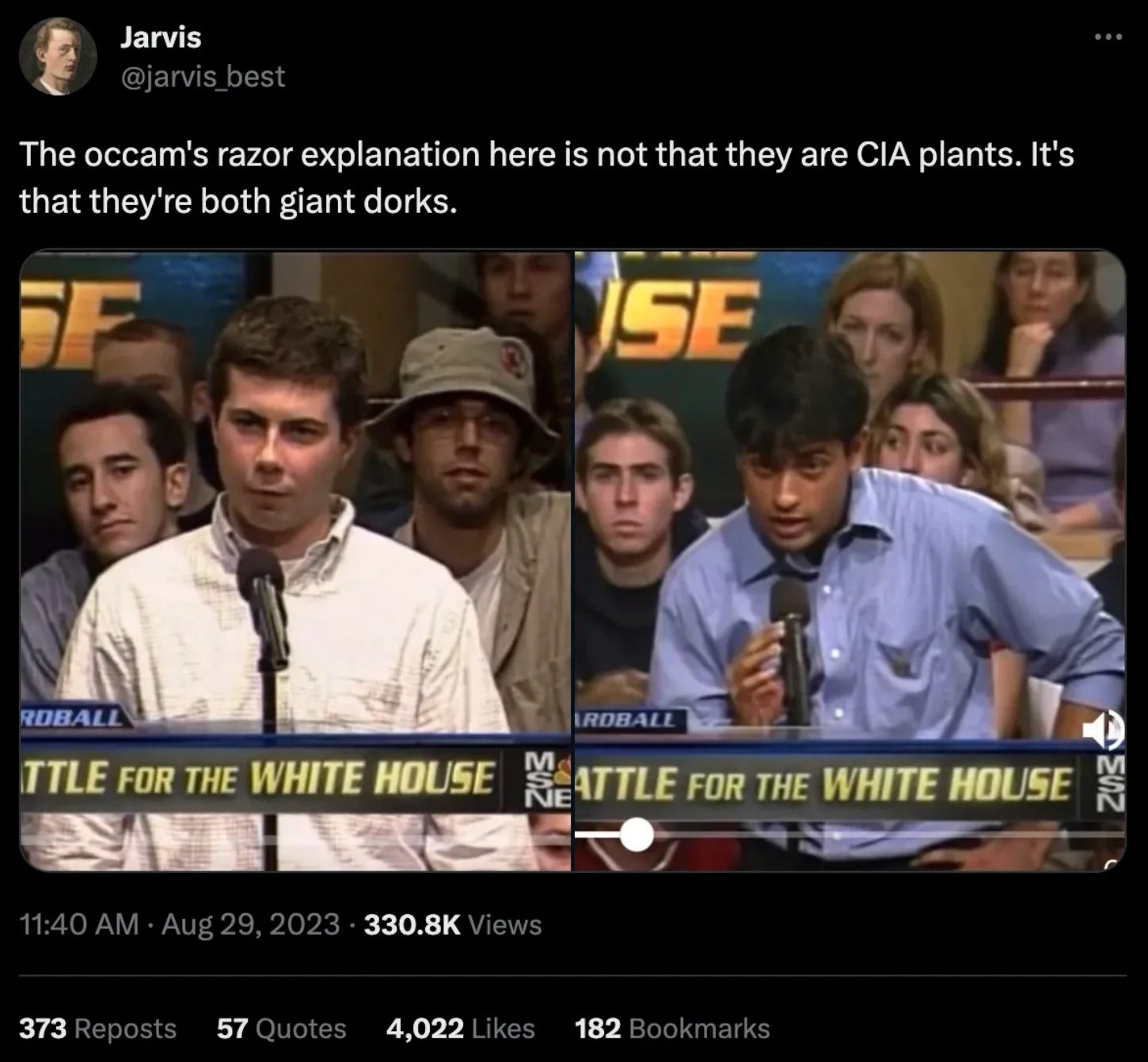
I wish I could convey how thick with dread my whole being feels (the most solidly I've ever felt my field) at the prospect of yet another month enduring The Turn of the Screw. Though I probably wouldn't even if I could. Cruelty is not my style.
This brings up another unusual for me feeling of regret that I was never inclined to try to learn to astral project - or lucid dream, for that matter. Usually I wouldn't trade the ride I'm having inside of my skin for all the stars in this galaxy, but lately the space is feeling cramped.
Speaking of skin collides with another reflection on your post: similar childhood snapshots of times listening to vinyl while perusing the coffee table books. One well worn read was a dense hardcover of LIFE magazine's award winning photos. The image branded into memory most deeply is the napalm burned naked child running, screaming through the lens. Wondering now about which album would have been playing the first thing that comes to mind is a favorite (at that time) recording of Uncle Remus' stories.
Life is never dull. I don't understand boredom. Do you get bored?